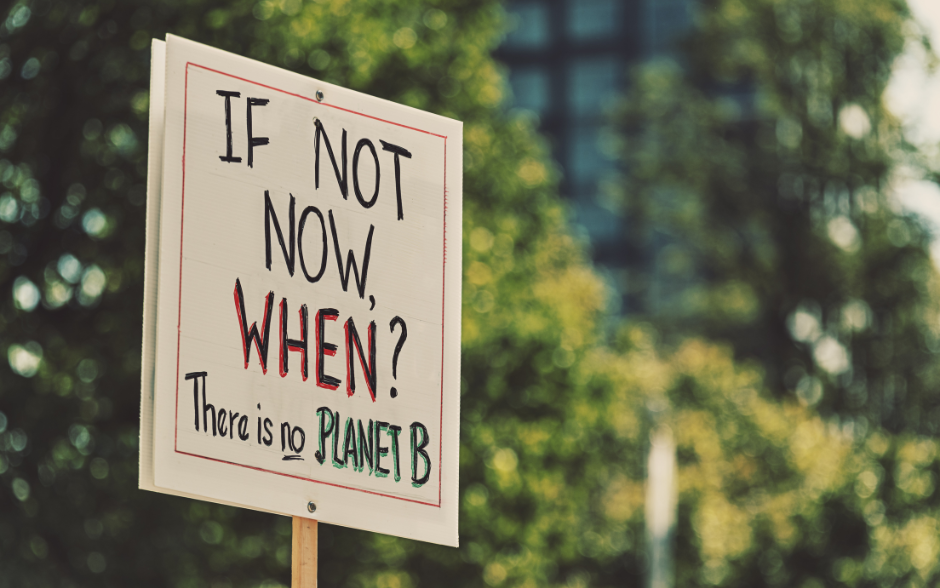How the Law Can Help to Combat Climate Change
Climate change is one of the most pressing challenges of our time, with far-reaching impacts on ecosystems, economies, and communities worldwide. In Zambia, the effects of climate change are already being felt through more frequent droughts, unpredictable rainfall patterns, and increased temperatures, all of which threaten agriculture, food security, and livelihoods. Addressing these challenges requires a multifaceted approach, with legal frameworks playing a pivotal role in driving the systemic change needed to combat climate change effectively.
At Conservation Advocates Zambia, we believe in the power of the law to create lasting, impactful solutions to environmental challenges. By leveraging legal frameworks, we actively work to combat climate change, preserve the environment, and promote sustainable livelihoods and development practices. This blog post explores how legal tools can be harnessed to address climate change challenges in Zambia, emphasising the importance of robust laws and regulations in building a resilient and sustainable future.
The Legal Framework: A Foundation for Climate Action
Laws provide the foundation for climate action by establishing the rules, responsibilities, and standards necessary to manage and mitigate the impacts of climate change. In Zambia, like in many other countries, the legal framework for addressing climate change is anchored in several key pieces of legislation, policies, and international commitments.
One of the most significant legal instruments in Zambia is the Environmental Management Act No. 12 of 2011, which sets out the principles and guidelines for environmental protection and sustainable development. This Act, along with related regulations, provides the legal basis for regulating greenhouse gas emissions, protecting forests, and managing natural resources in a sustainable manner.
Additionally, Zambia’s commitment to international agreements, such as the Paris Agreement, underscores the importance of aligning national laws with global climate goals. By incorporating these commitments into domestic law, Zambia can ensure that its climate actions are consistent with international standards and contribute to the global effort to limit temperature rise.
Legal Tools for Mitigation and Adaptation
Legal frameworks play a crucial role in both mitigating the causes of climate change and helping communities adapt to its impacts. Mitigation efforts focus on reducing greenhouse gas emissions, while adaptation strategies aim to enhance the resilience of communities and ecosystems to the effects of climate change.
One of the most effective ways to mitigate climate change is through the regulation of activities that contribute to greenhouse gas emissions. Laws and regulations can set limits on emissions from industrial activities, promote the use of renewable energy, and enforce energy efficiency standards. For example, Zambia’s Renewable Energy Feed-In Tariff (REFIT) policy is a legal mechanism designed to encourage investment in renewable energy projects by providing incentives for the generation of clean energy.
Adaptation efforts often require changes in land use and resource management practices to reduce vulnerability to climate change. Legal frameworks can support these efforts by protecting critical ecosystems, regulating land use, and ensuring sustainable agricultural practices. In Zambia, the Forests Act, No. 4 of 2015 provides legal protection for forests, which play a crucial role in carbon sequestration and biodiversity conservation. By enforcing laws that prevent deforestation and promote sustainable land management, Zambia can enhance its resilience to climate impacts.
Enforcement and Accountability
Effective climate action depends not only on the existence of robust legal frameworks but also on their enforcement. Laws are only as strong as their implementation, and in many cases, lack of enforcement undermines the effectiveness of climate policies. This is where the role of organisations like Conservation Advocates Zambia becomes critical.
Through strategic litigation and advocacy, we work to hold both public and private entities accountable for their environmental responsibilities. By challenging illegal activities, such as deforestation and pollution, we help ensure that laws are enforced and that violators are brought to justice. This not only deters future violations but also strengthens the overall governance framework, making it more resilient to climate challenges.
The role of the law in combating climate change cannot be overstated. Legal frameworks provide the structure and tools necessary to drive systemic change, ensuring that climate actions are effective, equitable, and sustainable. At Conservation Advocates Zambia, we leverage the power of the law to protect the environment, promote sustainable livelihoods, and build a resilient future for all Zambians. As we continue to face the challenges of climate change, robust legal frameworks and their enforcement will remain critical in safeguarding our natural heritage and securing a sustainable future.




